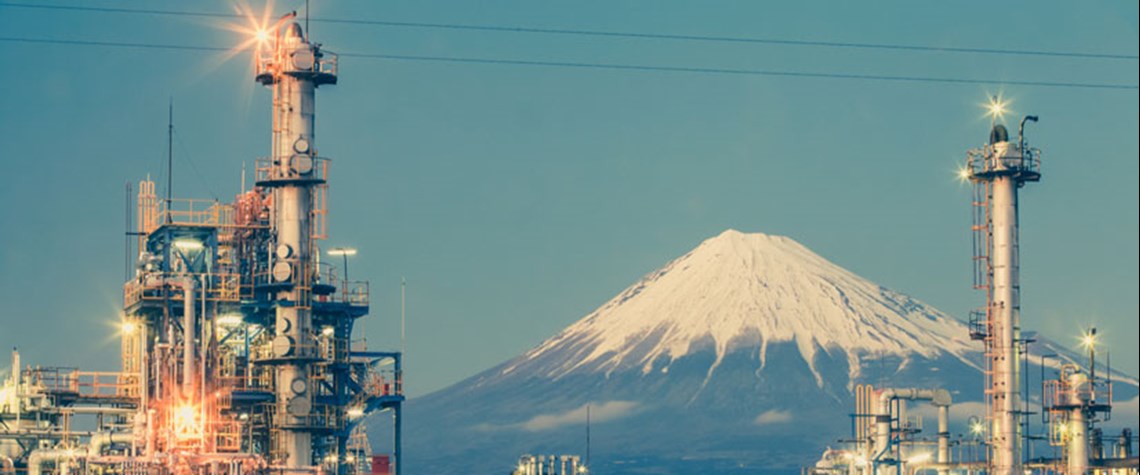Japan sees long-term role for LNG
Natural gas will be an essential part of Japan’s plan to be carbon-neutral by 2050 and beyond
Japan’s plan for net-zero carbon emissions by 2050 includes a 46pc reduction in greenhouse gas emissions by 2030. The country’s powerful Ministry of Economy, Trade and Industry (Meti) forecasts that, by 2050, 50-60pc of Japan’s energy mix will come from renewables, 30-40pc from nuclear and thermal generation—with integrated carbon capture, utilisation and storage—and the remaining 10pc from hydrogen or ammonia-fired generation. The ministry also sees large roles for hydrogen and ammonia in transport and industry as Japan transitions into a “hydrogen society”. But, along the way, Japan sees gas-fired power as important for its transition and will support such projects, both domestically and a

Also in this section
27 February 2026
LNG would serve as a backup supply source as domestic gas declines and the country’s energy system comes under stress during periods of low hydropower output and high energy demand
27 February 2026
The assumption that oil markets will re-route and work around sanctions is being tested, and it is the physical infrastructure that is acting as the constraint
27 February 2026
The 25th WPC Energy Congress to take place in tandem as part of a coordinated week of high-level ministerial, institutional and industry engagements
27 February 2026
The deepwater sector must be brave by fast-tracking projects and making progress to seize huge offshore opportunities and not become bogged down by capacity constraints and consolidation







